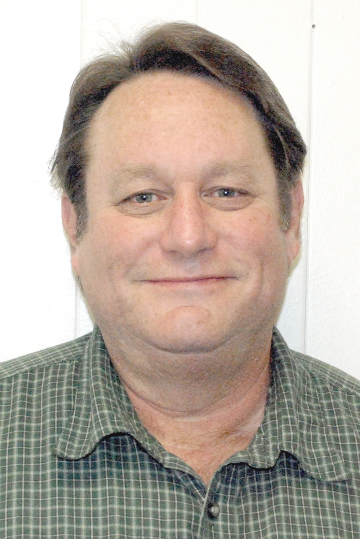 August is an easy summer month to enjoy. The garden is on its own now. Vacations are history and instead there is a scurrying about by the children as they prepare for a new school year. This year, recent rains and surprisingly cool temperatures have made the outdoors pleasant. A rain storm on a weekend is especially helpful. It gives a person the excuse to watch a TV show you’re hooked on for hours on end on Netflix, escapism from a recliner.
August is an easy summer month to enjoy. The garden is on its own now. Vacations are history and instead there is a scurrying about by the children as they prepare for a new school year. This year, recent rains and surprisingly cool temperatures have made the outdoors pleasant. A rain storm on a weekend is especially helpful. It gives a person the excuse to watch a TV show you’re hooked on for hours on end on Netflix, escapism from a recliner.
Platte County residents 150 years ago certainly would have traded their terror for our leisure. The Civil War pitted north against south on a national scale, but in our county it was neighbor against neighbor. Plus, organized official military troops from the Union and Confederacy were often brutal to the innocent, and worse yet were bands of murderers and thieves using the disorder as a chance to pillage. A history attributed to W.W. Gatewood in the 1885 “History of Clay and Platte Counties” outlined life in the Northland in 1863.
“People were plundered right and left, all classes — southern sympathizers worse; but if they were not convenient, then Union men were fallen upon, and occasionally a free negro, who had worked and saved to buy his freedom, and then worked and saved to buy a sustenance for his old age, was filched out of the little he had. Men were shot down in cold blood, houses were burned and citizens of the highest character and no crime were cowhided through the public streets . . . a reign of robbery, arson, murder, rapine and plunder prevailed. No one when he retired at night had any assurance that he would live to see the dawn of the next morning, and even less that his house would not be destroyed.”
Whether Gatewood wrote those words or collected them from others in a for-profit publishing venture, I do not know. But there is sincere passion in the recounting. By the 1880s, lives were moving on. New residents were moving into the county. Young families strolled on the streets and cared not to let the unpleasantness a few decades hence rob their lives of joy. The writer feared people would forget that something incredible – although awful – had happened and it was real.
Some years ago I spent time with and interviewed some Jewish survivors of Nazi concentration camps in Europe. One man pointed at a remembrance monument in Overland Park and wept as he told onlookers: “This was real, it happened and it was real.”


